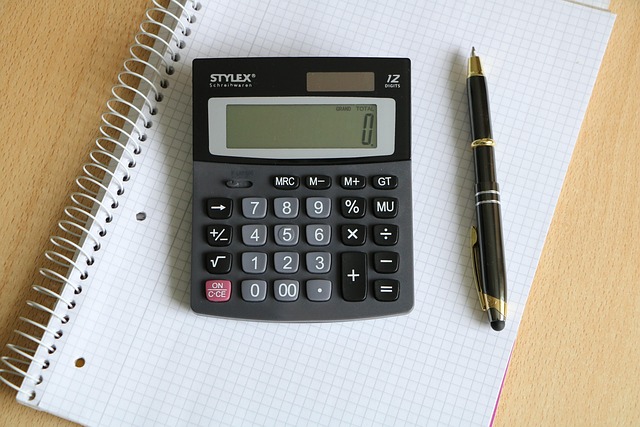Introduction
Zakat, or Islamic charity, is one of the five pillars of Islam and holds great importance in the religion. It is an obligatory charity given by Muslims to help the less fortunate and to purify their wealth. The word “Zakat” is derived from the Arabic word “zaka” which means “to purify” or “to grow”. Giving Zakat not only benefits the receiver but also the giver, as it is believed to bring spiritual and material blessings. In this article, we will explore the concept of Zakat, how to calculate it, and the importance of giving and receiving charity donation gifts in Islam.
Table of Contents
The Concept of Zakat
Zakat is an act of worship in Islam, which involves giving a portion of one’s wealth to those in need. The Quran mentions Zakat in several verses, emphasizing its importance and the reward for those who give it. In Surah Al-Baqarah, Allah (SWT) says, “And establish prayer and give Zakat, and whatever good you put forward for yourselves – you will find it with Allah. Indeed, Allah of what you do is Seeing.” (2:110)
Zakat is not just a form of charity but a means of purifying one’s wealth and earning blessings from Allah (SWT). It is compulsory for every Muslim who meets the criteria of Nisab (minimum amount of wealth) and is sane and mature. The recipients of Zakat include the poor, needy, debtors, and those in the way of Allah.
How to Calculate Zakat
Calculating Zakat can seem like a daunting task, but it is a simple and straightforward process. The following are the steps to calculate Zakat:
Nisab
Nisab is the minimum amount of wealth that a person must possess to be eligible to pay Zakat. It is equivalent to the value of 85 grams of gold or 595 grams of silver. If a person’s wealth is below the Nisab, they are not obligated to give Zakat.
Types of Wealth
There are different types of wealth that are subject to Zakat, including:
- Gold and silver jewelry
- Cash and savings
- Investments such as stocks, mutual funds, and real estate properties
- Business assets
Calculating Zakat
Once the Nisab and types of wealth are determined, the next step is to calculate the Zakat amount. The general rule for Zakat is 2.5% of one’s total wealth. For example, if a person’s total wealth is $10,000, the Zakat amount would be $250.
Charity Calculator Tools
There are also various online Zakat calculators available that can assist in calculating the Zakat amount accurately. These calculators take into consideration the different types of wealth and their corresponding rates for Zakat. Some charities also provide Zakat calculators on their websites, making it easier for Muslims to give their obligatory charity.
The Importance of Giving and Receiving Islamic Charity
Charity holds a significant place in Islam, and giving and receiving it is highly encouraged. The Prophet Muhammad (SAW) said, “Charity does not decrease wealth.” This statement highlights the fact that giving charity does not diminish one’s wealth, rather it increases it in the eyes of Allah (SWT).
Rewards for Giving Zakat
Giving charity is a means of seeking the pleasure of Allah (SWT) and earning blessings in this life and the hereafter. Allah (SWT) says, “The example of those who spend their wealth in the way of Allah is like a seed [of grain] which grows seven spikes; in each spike is a hundred grains. And Allah multiplies [His reward] for whom He wills. And Allah is all-Encompassing and Knowing.” (2:261)
The rewards for giving Zakat are immense, and it is considered a means of purification and a way to attain forgiveness for one’s sins. It is also a way to show gratitude to Allah (SWT) for the blessings He has bestowed upon us.
Benefits of Receiving Zakat
On the other hand, receiving Zakat is also highly encouraged in Islam. It not only provides financial support to those in need but also gives them a sense of dignity and belonging in society. The Prophet Muhammad (SAW) said, “The upper hand is better than the lower hand (i.e., the hand that gives is better than the hand that receives).” (Bukhari and Muslim)
Receiving Zakat is not a sign of weakness or incompetence; rather, it is a means of fulfilling the rights of the less fortunate in society. It also brings the community together and strengthens the bonds of brotherhood and sisterhood in Islam.
Conclusion
In conclusion, Zakat is an essential aspect of Islam, and it is a duty for every Muslim to fulfill. It is a means of purifying one’s wealth and seeking the pleasure of Allah (SWT). By understanding the concept of Zakat and how to calculate it, we can fulfill this obligation with ease and reap the rewards in this life and the hereafter. Moreover, by giving and receiving Islamic charity, we can create a society that is compassionate, supportive, and united. May Allah (SWT) accept our Zakat and bless us with His mercy and forgiveness.





















